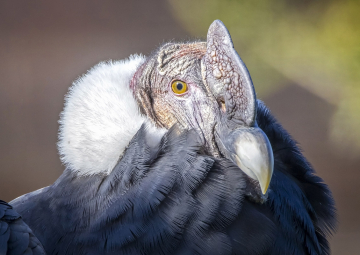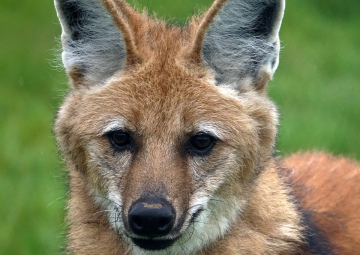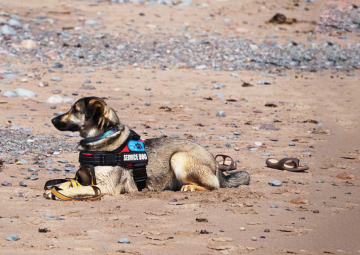GENERAL
Short-term memory and awareness of your own pinniped behaviors

Simeon Smeele & Sara Torres Ortiz
The project on short-term memory in pinnipeds began when Dolphin Adventure, to increase the motivation and concentration of animals, trained each and every one of its individuals to perform the behavior, which we will call "repeat". This behavior consists of a signal or SD that basically means "repeat what you just did".
Thanks to the "repeat", dolphins and sea lions increased their attention to the trainer and training sessions as, at any time, they could be asked to repeat what they just did: a spin, a kiss... And if the animal wasn’t paying attention, it wouldn’t remember. Not only did they manage to increase the attention and motivation in all their animals, but also, thanks to a behavior like this, in which not all the information is given to the animal, but they have to think about it themselves, the criterion and energy of the behaviors increased!
{youtube}https://youtu.be/gK0EPNi9CDE{/youtube}
In the videos you can clearly see the difference between the energy when you ask for a simple turn, and when you ask them to repeat that turn. Finally, thanks to its availability and publication of its behaviors on platforms such as IMATA, a behavior as simple as the "repeat" has great scientific validity and could be used to carry out research on short-term memory and awareness of their own actions, providing the following results:
Seals and sea lions are able to remember what they have just done, and repeat it when asked, as long as they are asked in less than 15 seconds. These results suggest that these animals have some kind of consciousness and are able to understand their own actions. We did a study, which involved Dolphin Adventure, Fjord and Baelt and the University of Southern Denmark to see if seals and sea lions can remember and are aware of what they have just done. These mammals were trained to perform the "repeat".
{youtube}https://youtu.be/fi8lEf4SRFQ{/youtube}
For example, we can ask them to do a behavior, like "greeting," "turning," or "vocalizing," and when they make the "repeat" signal they repeat the last behavior they did, without telling them what behavior they have to do. The interesting thing about this is that they remember and reason their behavior.
However, learning to repeat their actions was not enough. To check that the animals were remembering their actions, and not the coach’s signal, another experiment was done which was called "double repeat". In this experiment, animals were asked for simple behavior such as "greeting", "turning", and when animals did, they were asked to "repeat".
When the animals repeated it, they are asked to "repeat" again. In the second "repeat", remembering the trainer’s signal will not help them. They need to remember what action they did, like "greeting" or "turning".
{youtube}https://youtu.be/v11UdB2JVPI{/youtube}
All the animals successfully passed this part of the experiment as well. To finish, and to complicate it even more, in the last part of the experiment, we leave a lapse of time, between the command and the "repeat".
That is, sea lions and seals continue to remember the behavior despite these time intervals with duration of up to 15 seconds. But although it seems very little time, you have to keep in mind that the sessions were very repetitive and even to us, the trainers, we forgot what they had to do!
{youtube}https://youtu.be/ooccYHYlu50{/youtube}
Animals are probably better able to remember in a more natural situation, as their survival depends on their alertness. At the moment, we only know of two other species that can remember their actions: bottlenose dolphins and the southern pork tail macaque. Both belonging to groups of animals famous for their intelligence.
Moreover, seals and sea lions are not known for their mental abilities. The fact that they were able to recall their actions suggests that this ability could be widespread among the animal world. And don’t forget the most important thing: this type of knowledge helps us understand and in this way give better care to these fascinating creatures.
If you want to read more about our project, here is the link to the scientific article:
https://link.springer.com/article/10.1007/s10071-019-01286-x
And remember, if it’s possible... WeZooit!


















